Women's Health
Vitality Physiotherapy offers a comprehensive range of Women’s Health Physiotherapy services to help you live life to the full. Our Women’s Health hysiotherapy services help Women of all ages and life stages optimise their pelvic health. From pelvic pain, to pregnancy and post-natal care, to assistance with continence, we’ve got you covered. Our private treatment rooms ensure a safe and comfortable environment to discuss these personal issues with confidence and confidentiality.
Our Women’s Health Physiotherapy services include:
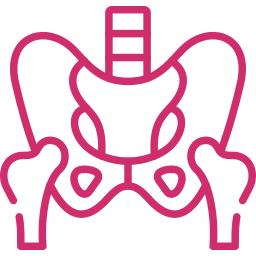
Pregnancy related back and pelvic girdle pain
Pain in the pelvic girdle (sacroiliac joints and pubic symphysis) and back are common during pregnancy. The hormonal changes that occur during pregnancy soften the ligaments that support our pelvic girdle in preparation for birth, and as a result there is more movement at these joints than usual which can result in pain. During pregnancy the loads on the pelvic girdle also increase as bub grows, and the abdominal muscles lengthen and separate to accommodate bubs growth, resulting in reduced muscular support for the pelvic girdle and lower back. Physio is effective in managing pregnancy related pelvic girdle pain through the use of targeted exercises to improve muscular support, activity modification to minimise joint overload, and the use of taping, bracing or belts to help support these joints.
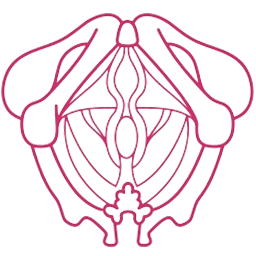
Pelvic Floor Preparation for birth
If you are planning on having a vaginal delivery it is recommended to have an antenatal pelvic floor assessment. The first assessment should occur early in the second trimester (from 12-20 weeks gestation). At this appointment we will assess your pelvic floor function and your pelvic organ positioning so that we have a clear baseline to compare to post-partum (i.e. after bub is born). We will teach you how to correctly use your pelvic floor during pregnancy, which also prepares you for your pelvic floor rehab once bub is born. The second assessment should take place at 35 weeks gestation. During this assessment we are checking how well your pelvic floor can relax and distend to allow a successful vaginal delivery. We can communicate our findings from this assessment with your delivery team to help in delivery planning to ensure you are well informed and well prepared for bubbies birth day. We will also teach you perineal massage at this appointment to reduce the risk of significant pelvic floor tears.

Post-partum check-ups
All Mum’s should have a post-partum or postnatal check-up once they are six weeks post- partum (i.e. six weeks or more after bub is born). At this appointment we will check your abdominal separation and core function as well as your pelvic floor function and pelvic organ positioning. From this we will give you targeted exercises and strategies to optimise your recovery and get you back to doing the things you love whilst ensuring your abdominals, core and pelvic floor are well taken care of. If you are having other issues (e.g. neck and back pain, wrist or hand pain) these can also be addressed as part of your postnatal care.
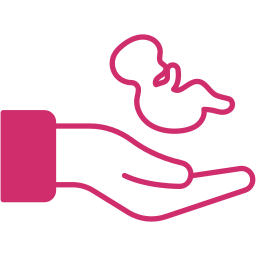
Postnatal recovery and return to physical activity/sport
Your postnatal recovery will be affected by many things, including the type of delivery you have had, genetic factors, your activity levels prior to and during pregnancy and what you wish to return to. Our experienced Women’s Health Physiotherapy practitioners expertly tailor your post-partum recovery plan to suit your needs and ensure you get back to doing what you love, be this simply doing day to day tasks and playing with the kids, to gentle walks, yoga and Pilates, a bit of casual gym and recreational sport or high-level sport and heavy gym loading. With our expert guidance you can get back to doing what you love knowing that your core and pelvic floor are being well cared for.
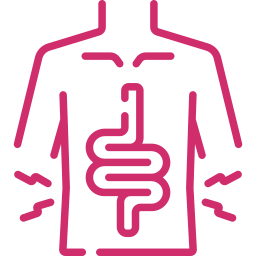
Abdominal separation
Abdominal separation during pregnancy is normal – in fact 100% of women will have abdominal separation by the end of the third trimester. During pregnancy, our aim is to not add any additional undue pressure to the already soft connective tissue between our abdominals to ensure that abdominal separation recovers well after bub is born. This usually involves modification of abdominal exercises during pregnancy to avoid tenting or doming across the midline, but continuation of appropriate abdominal exercises as this is associated with better abdominal recovery post-partum. Once bub is born, the abdominal separation undergoes a huge amount of natural recovery in the first 8-12 weeks. This can be assisted with the use of appropriate compression garments such as compression tights/shorts or abdominal binders and tubigrip that can be provided by your physiotherapist. Abdominal separation recovery can also be helped with performance of appropriate, individualised abdominal exercises prescribed by your physiotherapist. These exercises will be tailored to you to ensure maximal benefit and correct technique for best results.
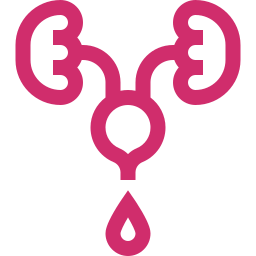
Stress urinary incontinence
Stress urinary incontinence is the involuntary leakage of urine when there is an increase in pressure on the bladder, such as during laughing, coughing, sneezing, running, jumping, lifting, carrying etc. Stress urinary incontinence can be caused by inadequate strength, endurance or co-ordination of the pelvic floor muscles, increased mobility of the anterior vaginal wall (where the bladder and urethra sit against the vagina) or issues with urethral continence mechanisms (the mechanisms that help keep our urethral sphincters closed). Physiotherapy is effective in managing stress urinary incontinence by addressing deficits in the pelvic floor, addressing lifestyle factors that contribute to excessive pressure on the bladder, and helping to support the front vaginal wall if required.
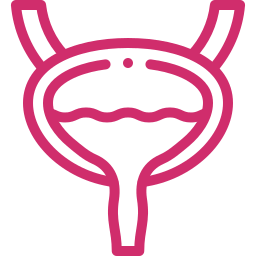
Overactive bladder, bladder pain syndrome and urge urinary incontinence
These conditions all relate to an unhappy and overly excitable bladder. They usually present with increased bladder sensations such as a strong urge to urinate even with small volumes, pain with bladder filling, frequent desire to urinate and a strong sense of urgency when needing to urinate, sometimes resulting in urinary leakage. There are many factors that can contribute to these conditions, so a thorough assessment is required to ensure that all relevant factors are identified and can be addressed. Usually this will require completing a sensation related bladder diary which gives us information about how your bladder is behaving when filling, emptying and how it is affected by what you are drinking. Our experienced Women’s Health Physiotherapy practitioners will work through all relevant contributing factors with you to make sure you understand what is affecting your bladder and how you can get back to having a happy bladder!
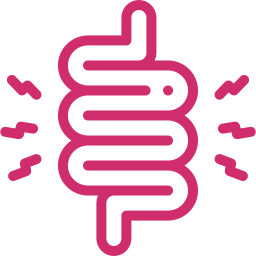
Faecal and flatal incontinence
Control of your stools (poo) and flatus (farts) can be impacted by many things. Damage to the anal sphincters can occur during childbirth (obstetric anal sphincter injuries, or OASI), there can be issues with your stool consistency (loose stools are much harder to control), or excessive bowel urgency. Our Physio’s trained in pelvic health have many strategies and tools to help you improve your faecal and flatal incontinence and get back to living your life without the fear of bowel incontinence.
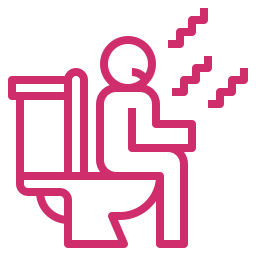
Constipation
Are you having difficulty emptying your bowels? Are you straining when trying to poo or feeling like you don’t empty fully? Are your poos coming out as hard pebbles? Constipation can cause a great deal of discomfort, and if left untreated it can become a bigger and bigger issue. Our pelvic health trained physiotherapists are experts in the management of constipation. We will work with you to identify all of the factors contributing to your constipation and implement effective strategies to get you back to having easy, pain free bowel motions.
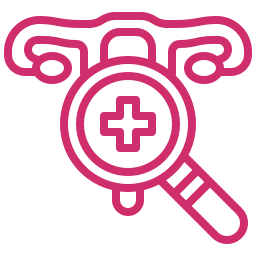
Pelvic organ prolapse
Pelvic organ prolapse is when the pelvic organs (bladder, uterus or bowel) descend from their usual position within the pelvis towards the vaginal entrance. This can be felt as a dragging sensation in the pelvis or vagina, a bulge at the vagina or difficulty with emptying your bladder or bowel. Pelvic organ prolapse may occur after a vaginal delivery, or with conditions that involve frequent and repeated bouts of increased pressure in the abdomen, such as with chronic coughing or heavy manual loads (e.g. heavy manual work or frequent heavy lifting). Physiotherapy is effective in treating and managing pelvic organ prolapse in many ways. This might involve modifying loads and activities to reduce pressure on the pelvic organs, strength exercises to help the pelvic floor muscles support the pelvic organs, or pessary fitting to help support the pelvic organs and get you back to doing the things you love.

Pelvic pain and pain with intercourse (including endometriosis, adenomyosis, vaginismus, dyspareunia & vulvodynia)
Persistent pelvic pain can be a debilitating condition that has far reaching effects on your quality of life. It may interfere with your ability to do day to day tasks or impact your ability to enjoy intimate relationships. Physiotherapy for pelvic pain addresses all of the factors contributing to your pain and reduced quality of life. This may include addressing muscle tension, improving pelvic mobility, exercises to reduce pain, TENS for pain relief and pain education to empower you to better understand and manage your symptoms. Presentations of pelvic pain are highly variable so we will tailor your program to suit your specific needs to ensure the best outcomes.
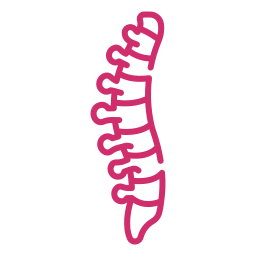
Coccyx pain (coccydynia)
Coccydynia is pain in the coccyx which is felt at the very base of the spine (at the tailbone). The pain is usually felt when sitting, or when getting up from sitting. Coccyx pain may be caused by prolonged or unaccustomed sitting (especially on a hard or uncomfortable surface), a fall onto the coccyx, or during childbirth. Treatment for coccyx pain involves restoring the normal mobility to the coccyx, ensuring the muscles that attach to the coccyx aren’t tight and pulling excessively on the coccyx, and adjusting sitting posture

Pessary fitting and management
Pessaries are a soft, flexible medical grade silicone device that are used to support the pelvic organs. Pessaries are mostly used as a form of treatment for pelvic organ prolapse, but can also be useful in some forms of stress urinary incontinence. There are many different types of pessaries, all with different benefits, risks and indications, The type of pessary that best suits you will depend on your symptoms, anatomy, health and lifestyle. Our experienced physios will work with you to find the best pessary for you to ensure you get back to doing what you love.
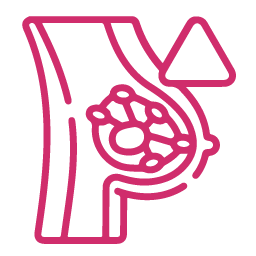
Mastitis
Mastitis (sometimes referred to as blocked milk ducts) is a painful condition that many breastfeeding mothers experience. Mastitis occurs when part of the breast becomes inflamed or infected and can occur at any point in the mothers breastfeeding journey but is most common when establishing breastfeeding. Mastitis requires immediate treatment to restore breastfeeding and prevent worsening symptoms and possible complications such as breast abscess. Physiotherapy treatment for mastitis aims to improve drainage of the breast and can speed up resolution of mastitis symptoms. This may include lymphatic massage (a gentle form of massage that helps to clear the breast without traumatising the milk ducts), therapeutic ultrasound, taping and exercises to assist lymphatic drainage, advice regarding optimal positioning for feeding and strategies to prevent mastitis recurrence. If you are experiencing the symptoms of mastitis (breast pain, redness, tenderness, localised fullness or feeling generally unwell with or without a fever) then don’t delay – seek help immediately and get your breastfeeding journey back on track.
We run a ‘Preparation for Birth & Beyond’ information session for expecting mothers.
The session includes information on:
-
Exercises modifications during pregnancy
-
Pelvic floor preparation for birth
-
Post-partum recovery
- Pelvic floor<br> - Abdominal separation<br> - Core <br> - Common injuries such as Carpal Tunnel Syndrome & De Quervain’s Tenosynovitis
-
How to avoid neck and back pain post-partum
-
Post-partum return to sport and exercise
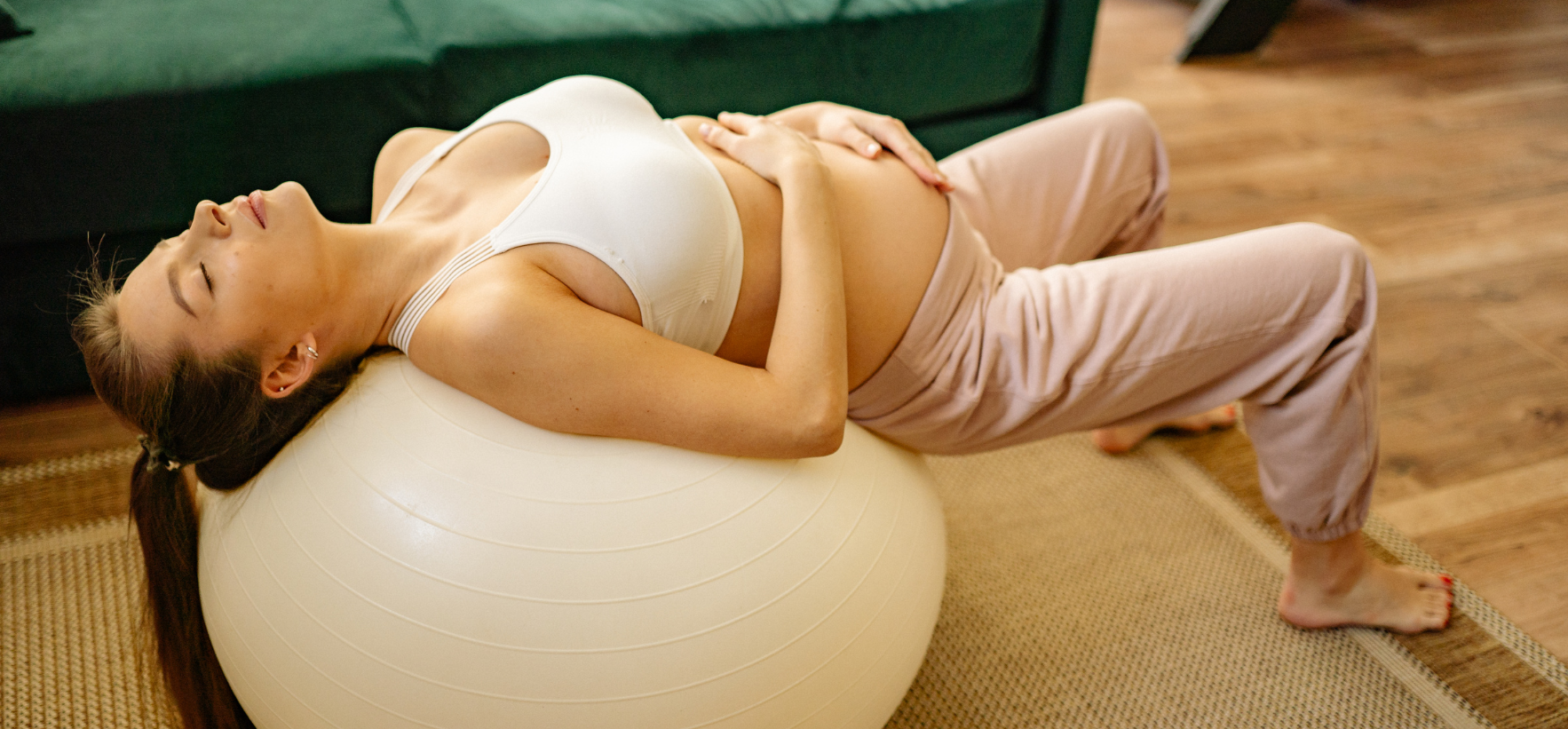
Input your details to submit your interest in our next class:
The session runs for 1 hour and is held at our clinic in Carindale.
If you would like to attend our ‘Preparation for Birth & Beyond’ session please register your interest here or call us on 3110 1188.
When should I book my post-partum/post-natal check-up?
Post-partum check-ups are best performed six weeks after you have given birth as this allows adequate time for natural healing.
What is involved in a post-partum/post-natal check-up?
During your post-natal examination we will take a thorough history to understand all the things that may influence your post-partum recovery. We will also look at your abdominal separation, abdominal function, pelvic floor function and pelvic organ positioning to guide you in your post-partum recovery to ensure the best recovery possible.
Will I need an internal (vaginal) examination?
The simple answer is – it depends. For conditions such as stress urinary incontinence, pelvic organ prolapse, pelvic pain, preparation for birth and post-partum recovery, a vaginal examination is usually required to give us all the information we need to guide appropriate treatment. Our vaginal examinations should always be pain free and are always conducted in a way that the patient is comfortable with, so whilst you may feel a bit shy or nervous about the prospect of having an internal examination, your clinician will make sure it’s not a negative experience!
What if I have my period during my scheduled appointment?
Luckily, having your period typically doesn’t have any impact on our ability to conduct your treatment, including internal examinations. However, if you aren’t comfortable attending your Women’s Health appointment whilst having your period then our reception team will be happy to help you reschedule your appointment for another time.
Do I need a pelvic floor examination whilst pregnant if I’m not having any pelvic floor dysfunction?
If you are planning on having a vaginal delivery then a pelvic floor examination during pregnancy can be extremely useful in helping you to prepare for birth. We would usually recommend that the first examination be conducted after you are 12 weeks gestation to establish your baseline level of pelvic floor function and pelvic organ positioning. Another examination is usually required at 35 weeks gestation to look at the extensibility of the perineal tissues and the ability of the pelvic floor to relax in preparation for a vaginal delivery. We will also teach you how to conduct perineal massage at this appointment. If you are planning on having a caesarean section, then you may like to have a pelvic floor examination if you aren’t sure on how to use your pelvic floor well. If you’re planning on having a caesarean section and have excellent pelvic floor function and control, then a pelvic floor examination during pregnancy shouldn’t be necessary.
